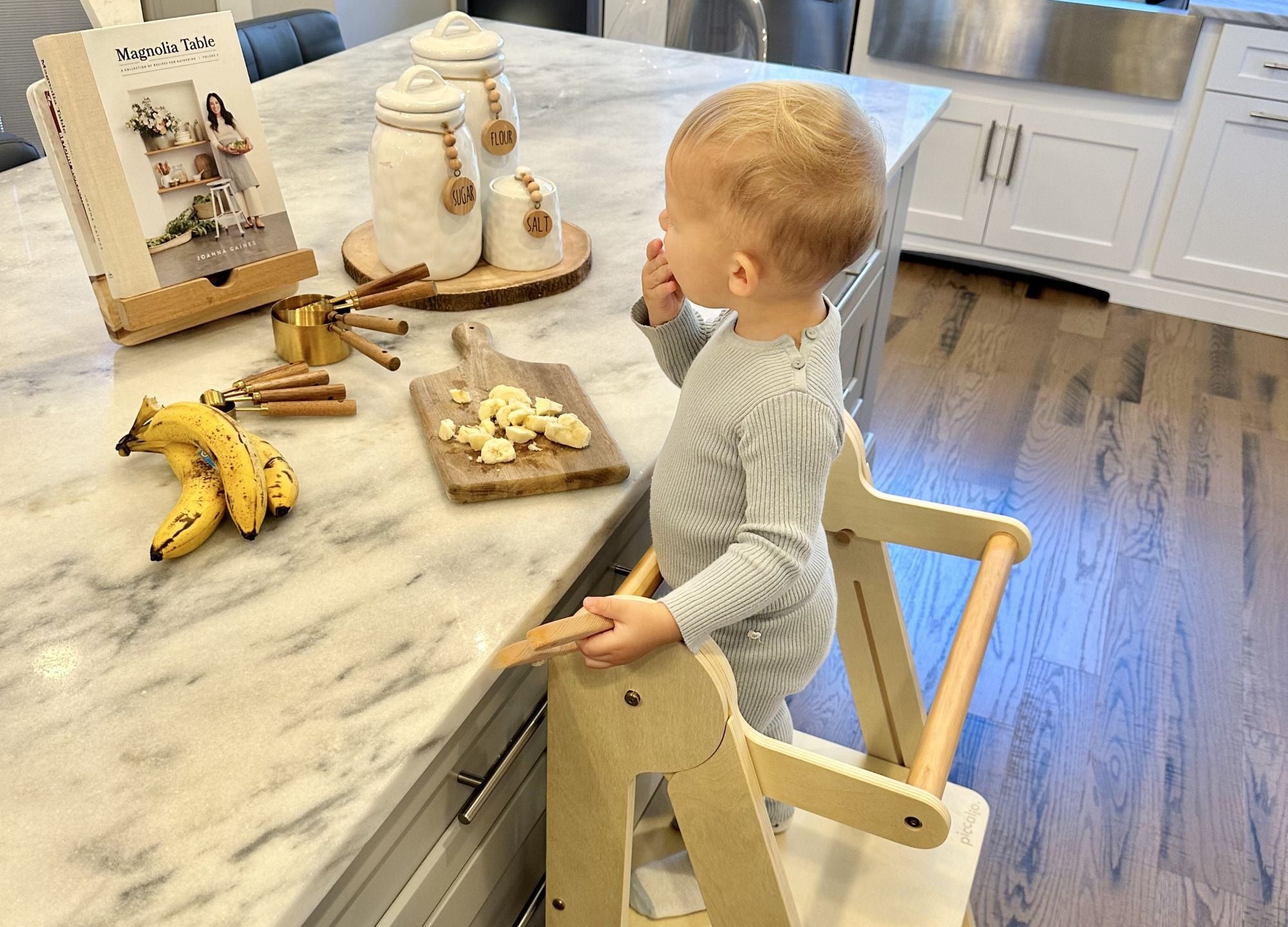Reading a book, at any time of the day, is one of the most important things parents can do for children's academic success. Reading before bed, in particular, can help create a routine that's good for children's brains and bodies. In a world where fewer and fewer children reach for a book to read for fun, here's why you should make reading before bed a habit in your home.
Key Insights
- Reading before bed can reduce stress, help your child fall asleep, and improve sleep quality.
- Reading, whether before bed or not, is key to your child's academic success.
- Reading aloud can strengthen your relationship with your child.
Why Reading in Bed?
A lamp casts a soft light onto the bed. You snuggle under the blankets and read a favorite bedtime story. It turns out that this practice is more than a common routine; it primes the brain for sleep.
In short, it's a double parenting win. You can enhance your child's literacy skills while also helping them fall asleep (and stay asleep) faster.
5 Benefits of Reading Before Bed
Reading before bed is a little different than reading at any other time of day. What benefits can you gain?
1. Improved Sleep Quality in Children
Just reading a story or two before bed helps children sleep better. One study noted that when children read before bed, their nighttime sleep was longer.
Another trial compared reading in bed vs. not reading in bed for adults. Those who read in bed reported improved sleep compared to those who didn't read in bed.
2. Reduced Stress Around Bedtime
Sometimes, children may feel anxious about bedtime. Perhaps they're scared of the dark or worried about events that happened during the day.
For children who struggle with bedtime and sleep, a social story about bedtime has been found to help reduce difficult bedtime behaviors and nighttime wakings. A social bedtime story is one that explains and tells a story about the bedtime routine. For example, The Sleep Fairy.
A study on sleep problems in children in the foster care system found that a consistent bedtime routine helped children sleep well. Some important parts of the bedtime routine were consistency, reassurance of safety and love, and a calm environment. Reading a book with a caregiver can help create a calm, safe space filled with love and connection.
3. Creates a Moment for Connection
Reading a book together offers an easy and natural way for children to feel love and connection. One study found that reading with your baby can even keep parental stress in check.
The same study also found that reading together can boost how parents show warmth to their kids.
Another study measured emotional expressions while children read with a parent or listened to an e-book. Reading together resulted in a lot more emotional expressions. So, reading together can help build an emotional connection.
4. Improves Mood
Reading can make you happier. Fiction, in particular, can have a positive impact on mood, a study showed. Improving your child's mood with a favorite book can make it easier for them to fall asleep.
5. Literacy Skills
Reading, whether it's before bed or not, builds your child's vocabulary, enhances comprehension, and builds a range of other literacy skills. The more you read, the more your child learns.

Benefits of Reading Aloud
What about reading aloud to children? Although using electronic devices for audiobooks and stories is ok, reading out loud adds a social experience and brings extra benefits.
For babies and toddlers, reading has positive impacts on their growing vocabularies and reading skills. In fact, reading from an early age can even make it easier for your child to learn important preschool skills, such as writing their name.
One study showed that reading aloud can also help build interest in books and reading. The benefits don't stop after early childhood. Even older children up to 12 years old benefit from reading aloud.
As an anecdote, reading aloud is also beneficial for adults. Research suggests that reading aloud can help "strengthen emotional bonds between people." So, spending some time reading stories with your child may also strengthen your relationship. Plus, reading aloud can improve your memory and help you understand complex texts.
How to Read Before Bed: Tips for a Smooth Routine
Want to make sure your nightly routine is a success? After a long day of work, daycare, and activity, bedtime can be a stressful time of day. Here's how to make the most of this ritual.
1. Set Expectations
Before you snuggle into bed, set expectations about how many books you'll read. Let your child pick the books from their bookshelf. Our front-facing Montessori Bookshelf makes it easy for little ones to look at the covers to find their favorites. If necessary, you can set a timer for how long they have to pick their books.
Also, set any other boundaries around bedtime reading. For example, if your child likes longer books, you might limit reading to one chapter or just one in-depth page in a non-fiction book.
Or, if your child likes "I Spy" books, offer to do one page and one story. Setting limits on how much reading you'll do before you start reading makes expectations clear.
"Just one more chapter," and "just one more book," can easily turn into 20 minutes of extra reading you hadn't contemplated. Although more reading isn't inherently bad, it can extend bedtime and cut into your child's sleep. If this becomes an issue, chat about it ahead of bedtime so the expectations don't come as a surprise.
2. Don't Feel Limited by Grade Level
Choose books that are appropriate for your child's age and interests. Keep in mind that when listening to a book, children can understand a few grade levels above their reading level. So, your kindergartener may enjoy early chapter books, even if they couldn't read them independently.
3. Focus on Connection and Reading Aloud
This isn't the time to pressure your child into practicing their reading skills (unless they want to!). Instead, focus on creating a happy, stress-free experience.
4. Use Good Sleep Hygiene Practices
Help your child feel ready for sleep by using a good bedtime routine. Turn down the lights while reading. Use a lamp for softer light while reading. You may also consider playing soft music in the background to create a calming environment.
5. Encourage the Routine as Your Child Grows
As your child grows, you can continue to foster this habit by reading together. Encourage your child to enjoy books in bed independently or with you by adding a Book Hook to their bed. Perfect for holding a few books, it keeps books within reach for before-bed or early morning reading.
Does Your Family Read Before Bed?
Reading before bed is an easy habit to add to your family's routine that brings many benefits. Do you read before bed in your family? Let us know about your experience in the comments below.














Leave a comment
This site is protected by hCaptcha and the hCaptcha Privacy Policy and Terms of Service apply.